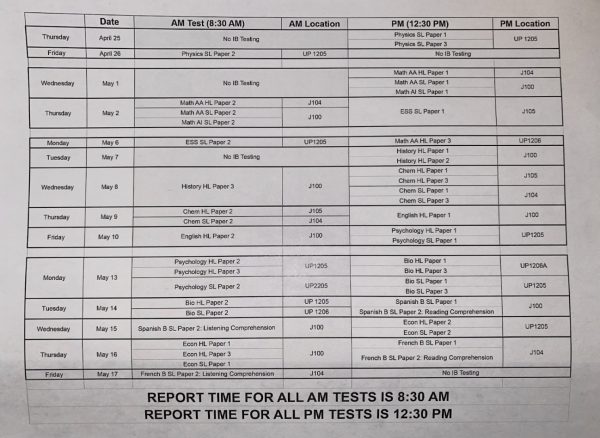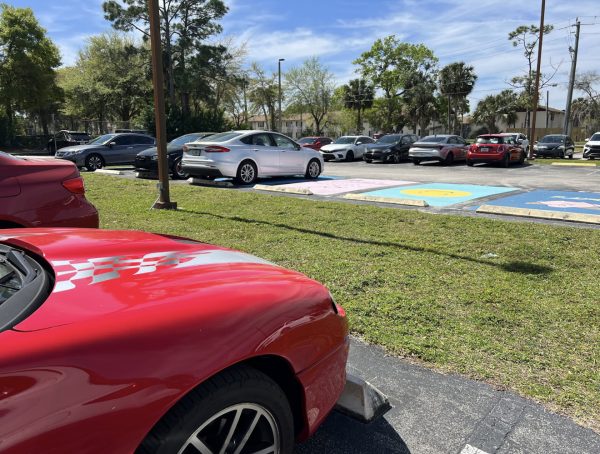2010 GULF OIL SPILL CONTINUES TO AFFECT ENVIRONMENT, ECONOMY
May 21, 2015
Five years after the oil spill in the Gulf of Mexico, the environment is still being affected.
Photo By: Brea Jones, Photographer
By: Katherine Lachcik, Reporter
Five years after the BP Oil Company Deepwater Horizon oil spill in the Gulf of Mexico, signs of recovery are appearing, but environmental and economic consequences still linger. This spill, which is now the largest marine oil spill in history, was caused by an explosion in the Deepwater Horizon rig, causing oil spillage and leakages for over 85 days and spanning hundreds of miles of coastline.
Today, the ramifications of the disaster are still being revealed. A recent study conducted at the University of Miami observed that when nektonic marine life, such as fish and dolphins, are exposed to even a small amount of crude oil, their ability to swim efficiently is impaired by as much as 37%. This can have unfortunate consequences for these animals, since swimming and mobility is such a central part of their survival.
Sophomore Arianna Stravato says, “I’m all for the environment, so I was really angered by the oil spill. Unfortunately, these things happen all the time, but I was glad when people stepped up to help the animals that had been affected.”
In some coastal areas, industries such as tourism and fisheries affected by the disaster are finally making various amounts of economic progress, depending on the area. Tourists are now returning to the once-destitute areas of the Gulf’s coast that were marred by oil and tar, and the sights of fishing boats are becoming more frequent as time passes. Despite these comebacks, economic stagnation is continuing to prove problematic on the Gulf, especially with local fisheries and seafood industries.
Freshman Isaiah Figueroa says, “I think the environment will still suffer because the animals are still being affected negatively. It’ll probably take a while for the economy and environment to go back to how they were before the oil spill.”
Reminders of the Deepwater Horizon spill’s impacts can still be found in the Gulf environment and wildlife. The immediate effects resulted in the death of hundreds of species of fish and marine birds (due to suffocation, being coated with oil, etc.), the destruction of fragile ecosystems such as coral reefs, and the oil slicks that smothered Gulf coastlines in Florida, Alabama, and especially Louisiana. These catastrophic effects on the wildlife and environment are not as severe as they were five years ago, but they continue to manifest themselves even today.
Although aquatic wildlife in the Gulf is not as threatened by the oil spill as it was five years ago, recent events have still been worrying to some people. Just last year, for instance, several dolphins washed up dead on Gulf coasts, an occurrence that was virtually unheard of before. Balls of tar and clumps of oil can still be seen washing up on Gulf shores.
Sophomore Breanna Magiera says, “I think it’s really sad that so many animals were killed and hurt by the oil spill. I hope that everything eventually resolves itself and people will try and help the areas affected.”
The Gulf of Mexico and the surrounding areas have been through considerable environmental and economic turmoil in the past five years, and although some of the worst effects are subsiding, the incident is still hauntingly fresh in people’s memory. It will undoubtedly be a long time until environmental and economic stability is restored, but the accident’s effects will also be remembered for years to come as well.



































